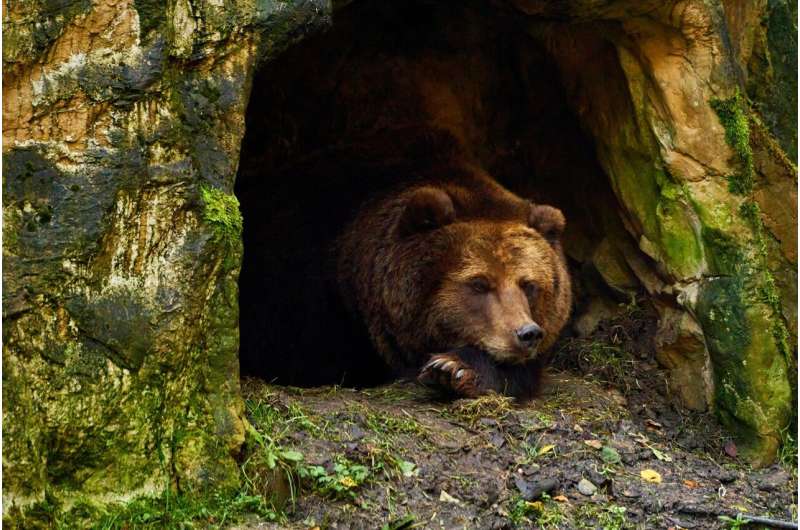This article has been reviewed according to Science X's editorial process and policies. Editors have highlighted the following attributes while ensuring the content's credibility:
fact-checked
peer-reviewed publication
trusted source
proofread
Fructose intake driver of obesity, just like in hibernating animals, study finds

Researchers at the University of Colorado Anschutz Medical Campus have officially identified a central conduit to obesity: fructose.
While fructose's contribution to obesity is well-known, a study published today in Philosophical Transactions of the Royal Society B: Biological Sciences aggregates a large amount of work to make a full argument for how fructose drives obesity and diseases such as diabetes and fatty liver disease.
"This is an in-depth review on a hypothesis that puts nature at the center of weight gain, examining how fructose works differently than other nutrients by lowering active energy," says Richard Johnson, MD, professor at the University of Colorado School of Medicine and study lead author. "We determine a recently discovered function of fructose in survival that stores fuel in case resources become scarce. This is known as the 'survival switch,'" he says.
Fructose is the source of sweetness in fruit, but is primarily consumed in Western society as table sugar and high fructose corn syrup, much different than the nutrition ingested by our ancestors ahead of lean winter months. Johnson and researchers posited that fructose works differently than other nutrients by lowering active energy, damaging mitochondria.
Study results show that fructose stimulates food intake and lowers resting energy metabolism, much like an animal preparing to hibernate. Further, results show that the administration of fructose can lead to weight gain, insulin resistance, elevated blood pressure and fatty liver among a host of other metabolic-related issues.
"This work puts together in one place the full argument for how a particular carbohydrate, fructose, might have a central role in driving obesity and diabetes," says Johnson. "This is a very exciting, new hypothesis that unites other hypotheses to point to the specific role fructose plays in the onset of obesity. And we can trace it back to our ancestors, as well as learn from hibernating animals, exactly how fructose causes this 'switch' within us."
More information: Richard J. Johnson et al, The fructose survival hypothesis for obesity, Philosophical Transactions of the Royal Society B: Biological Sciences (2023). DOI: 10.1098/rstb.2022.0230





















